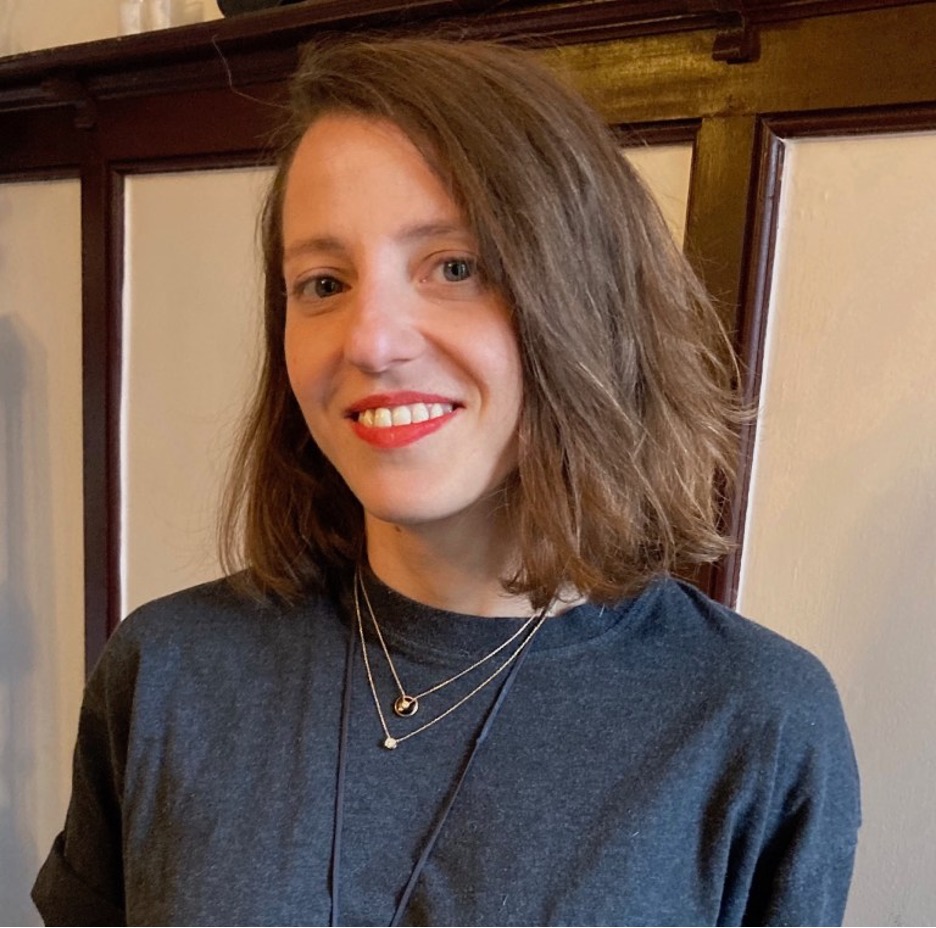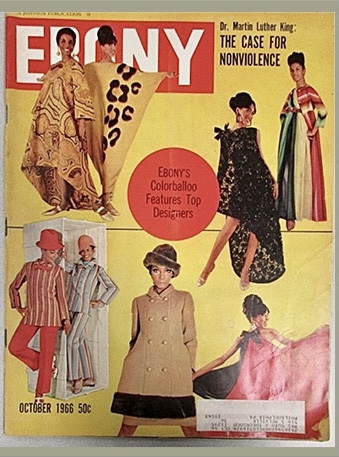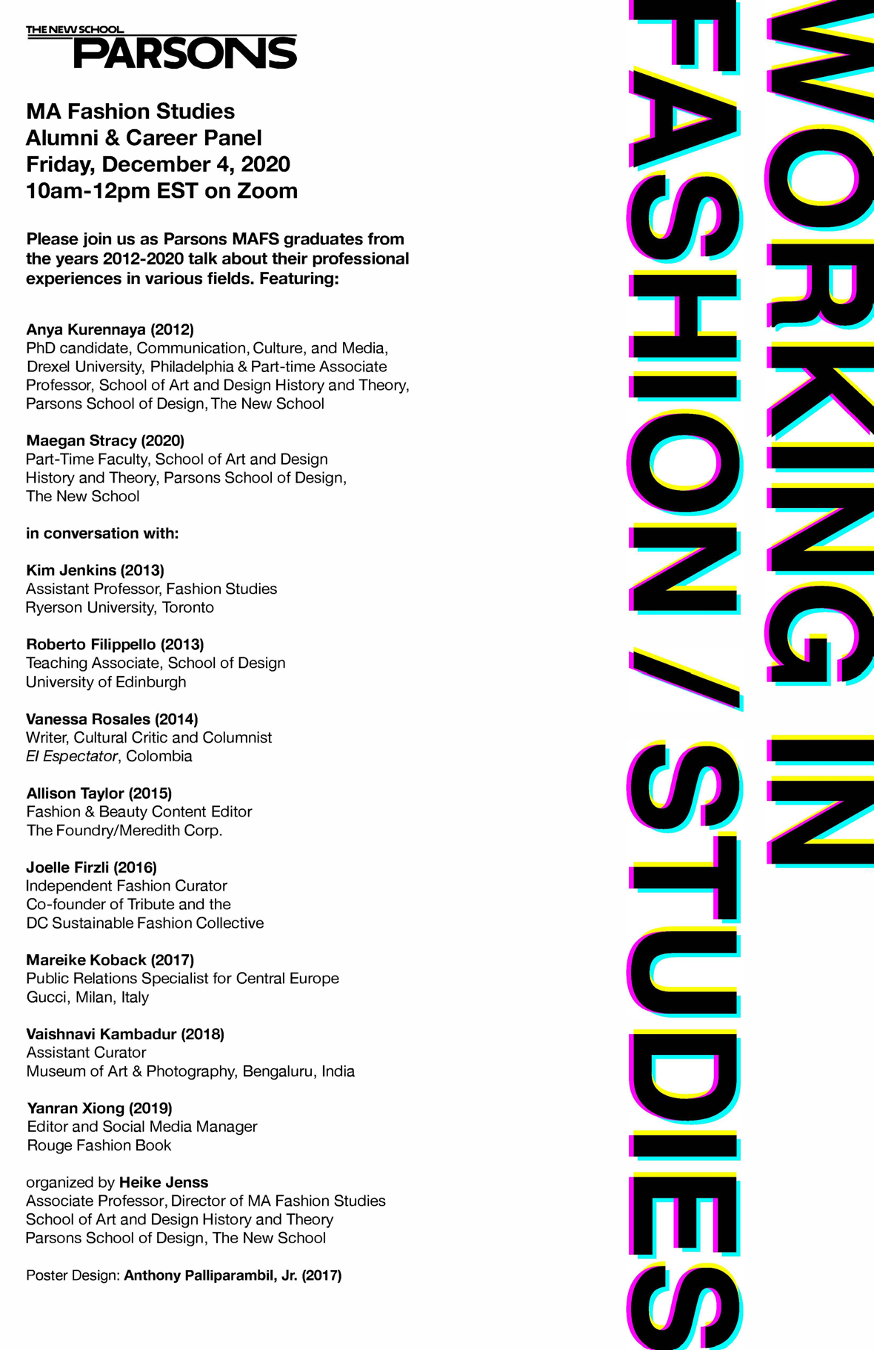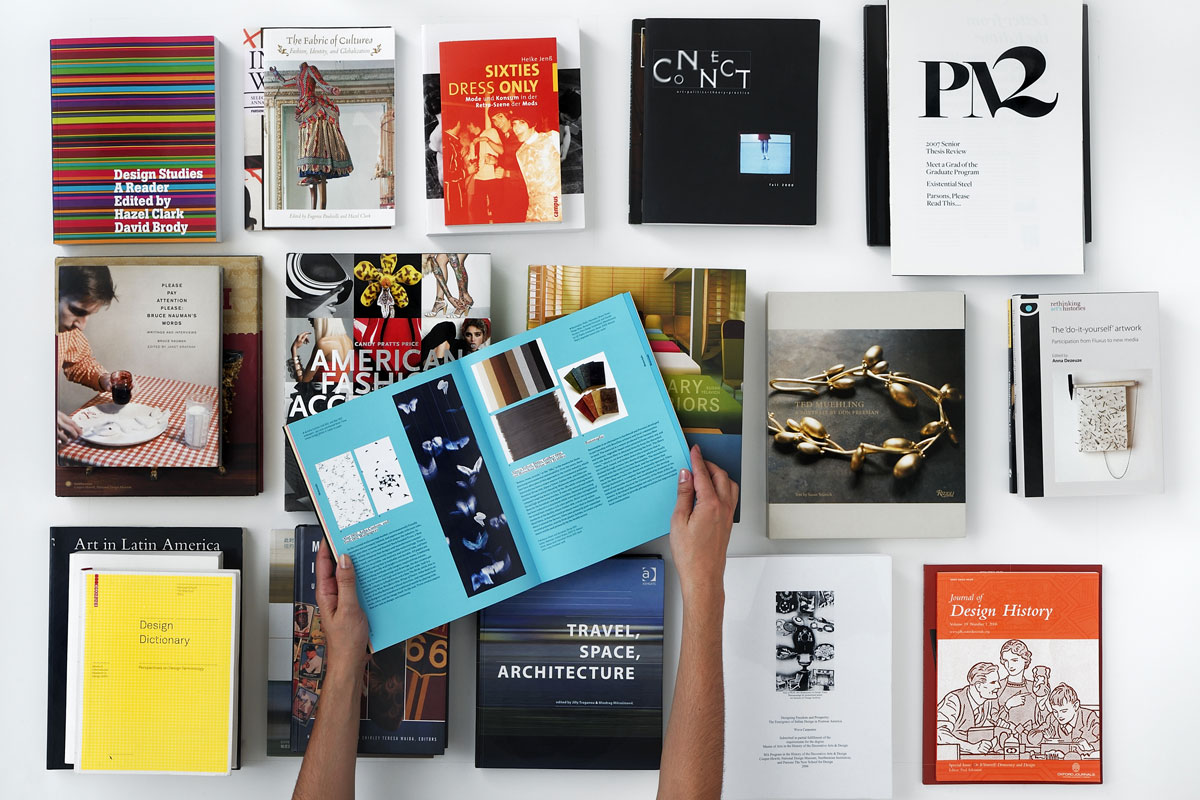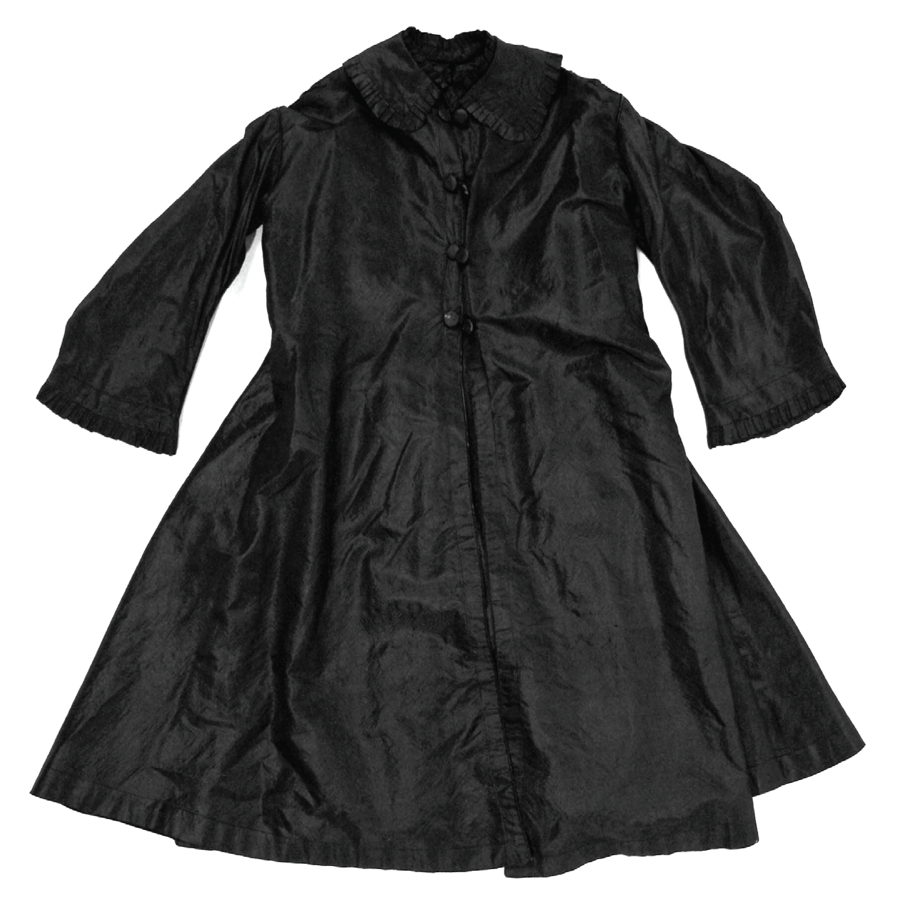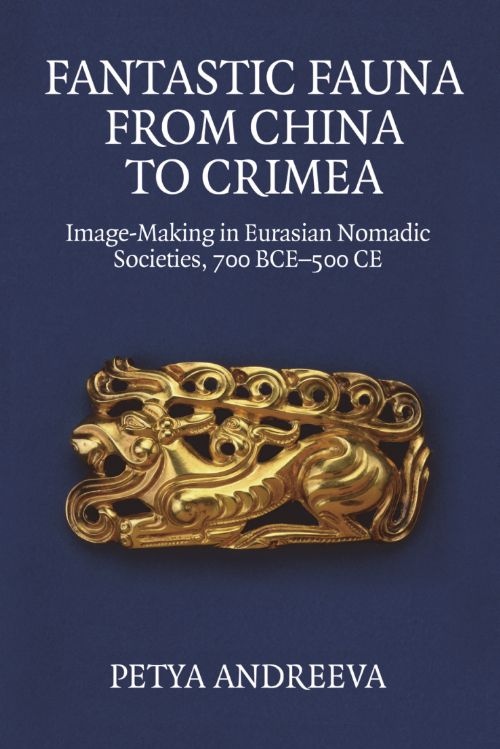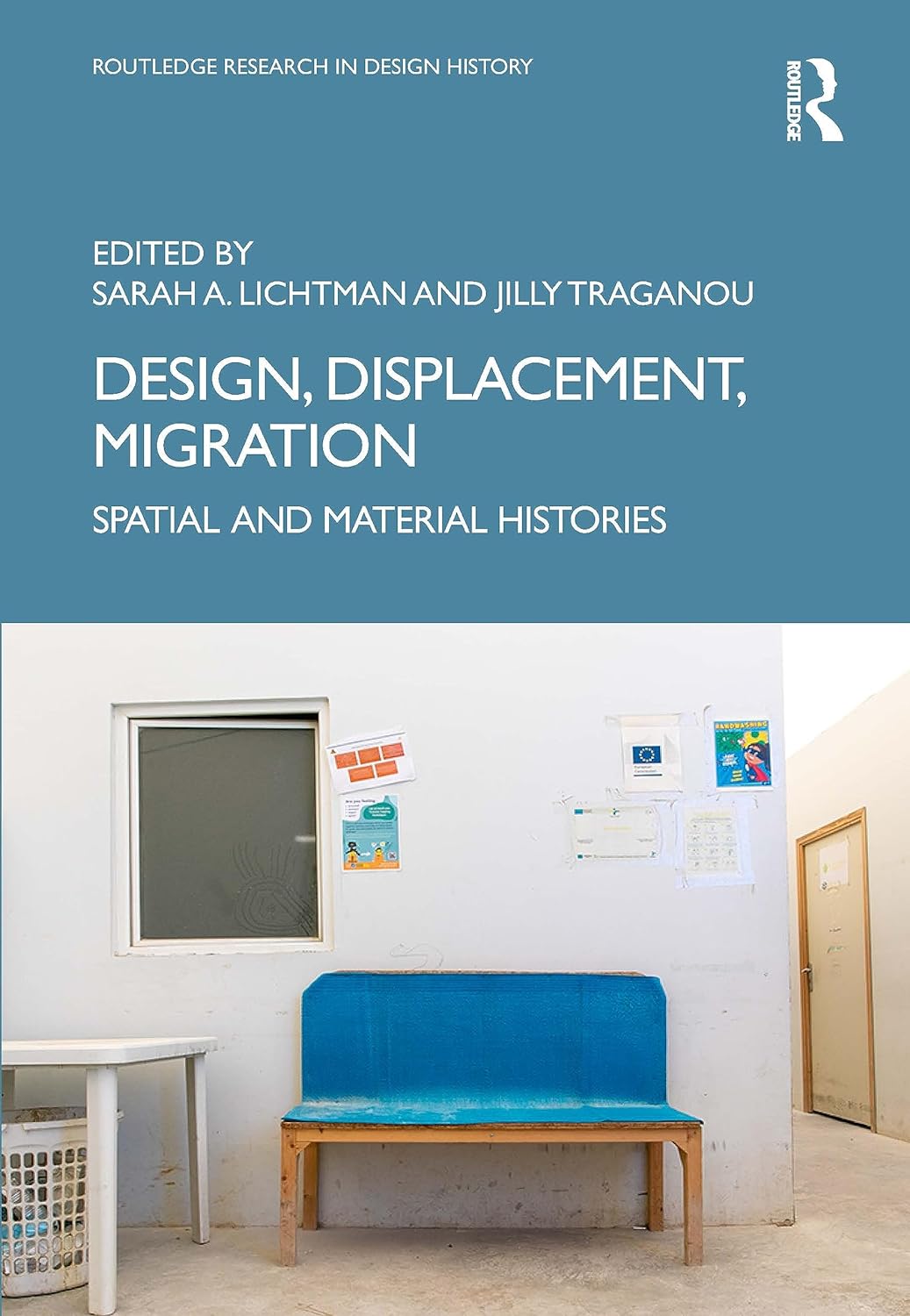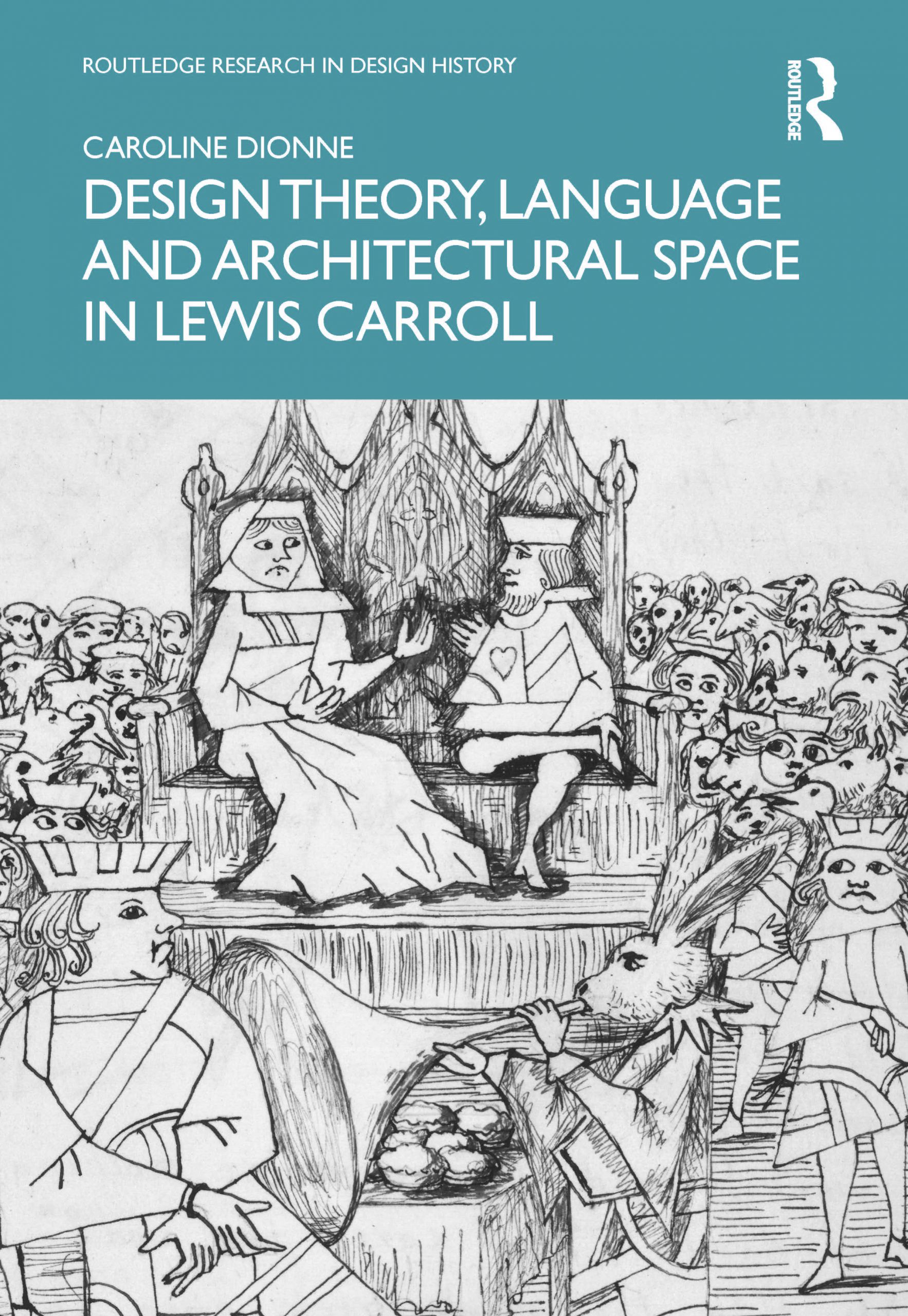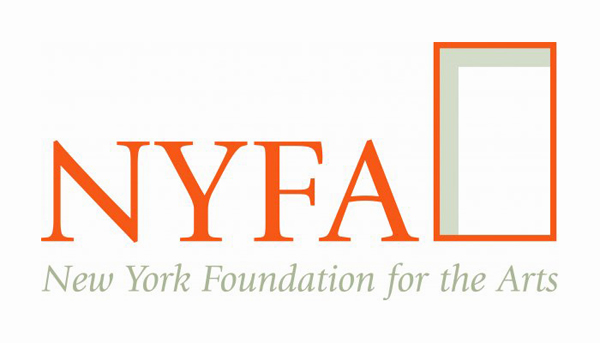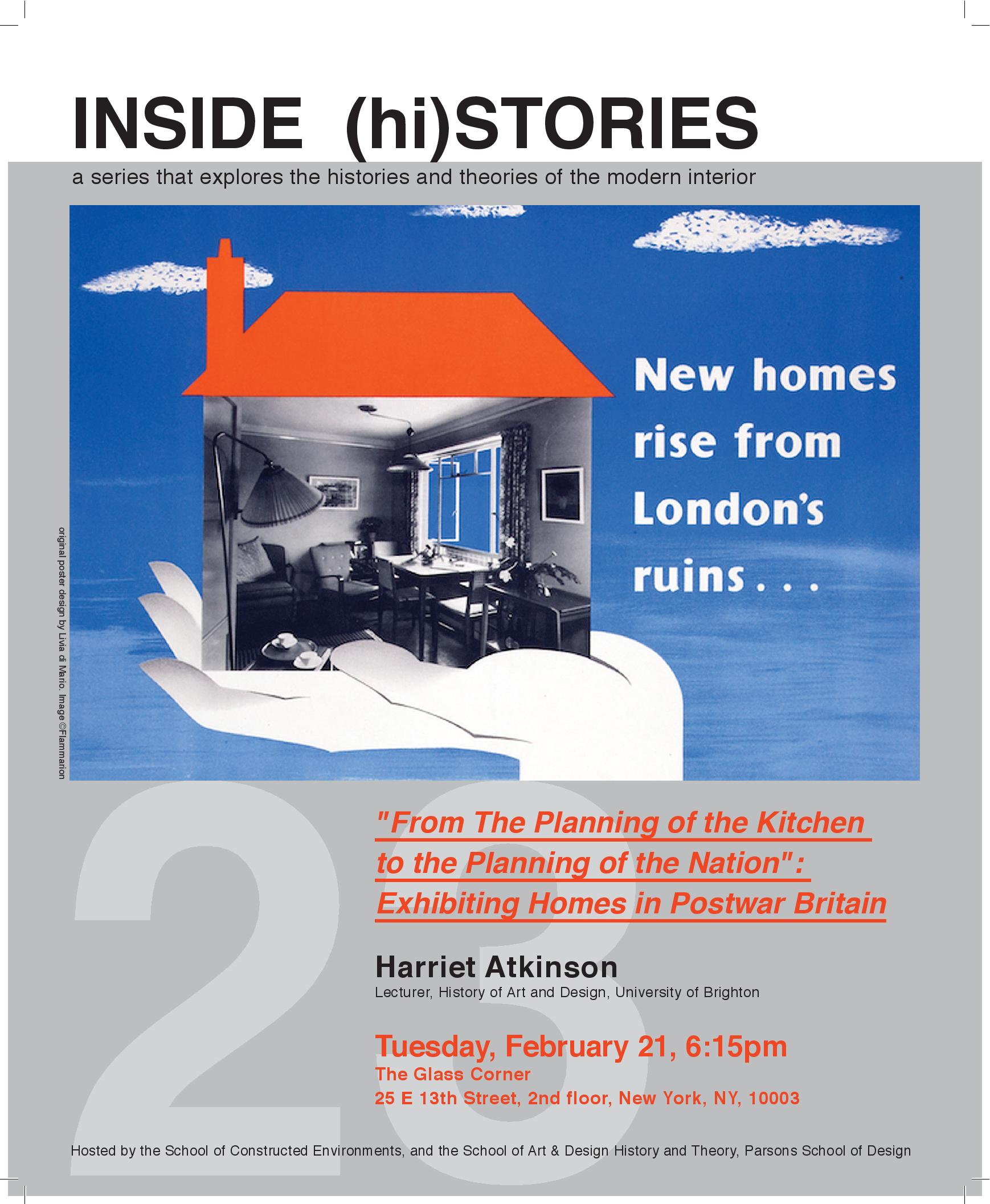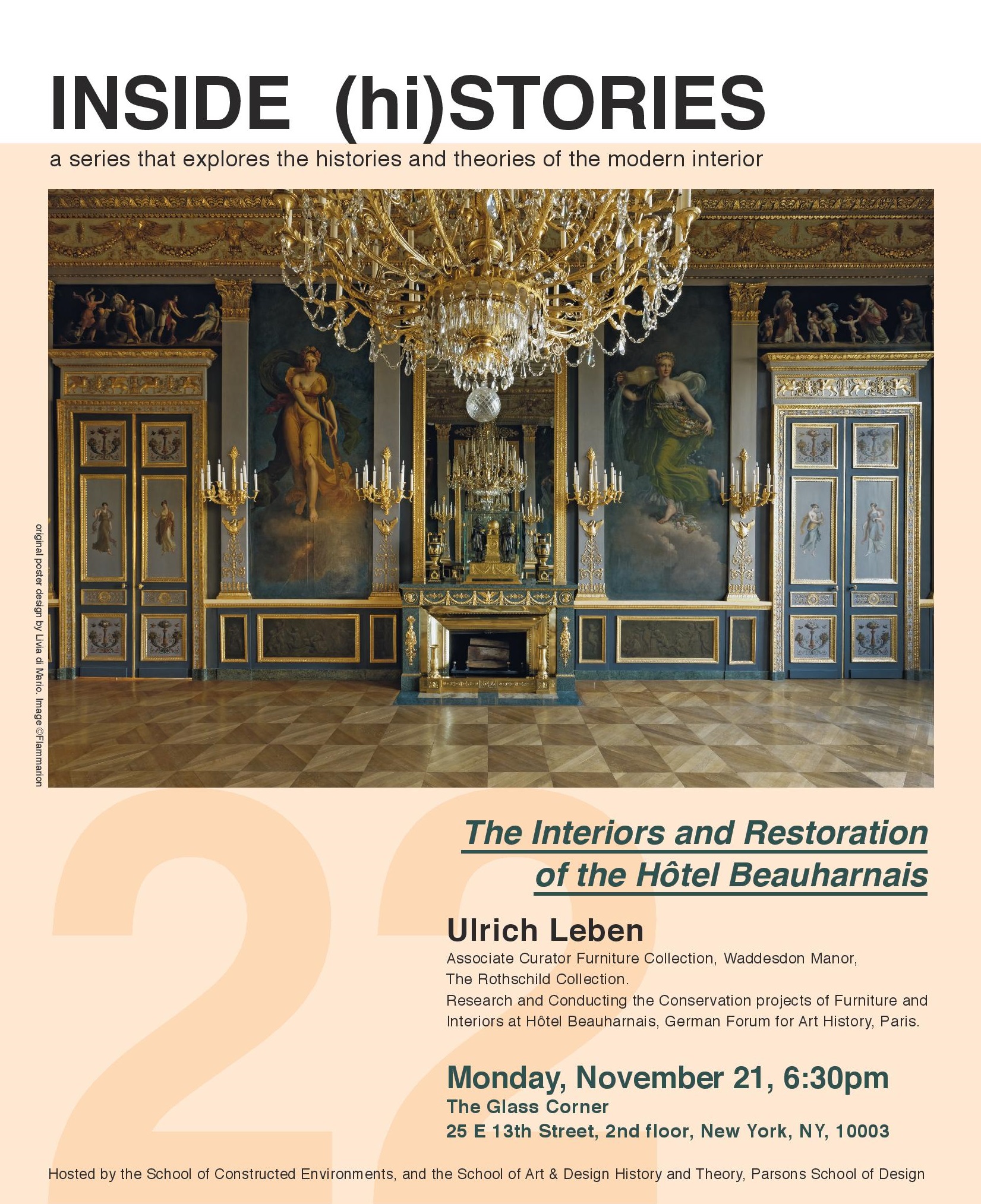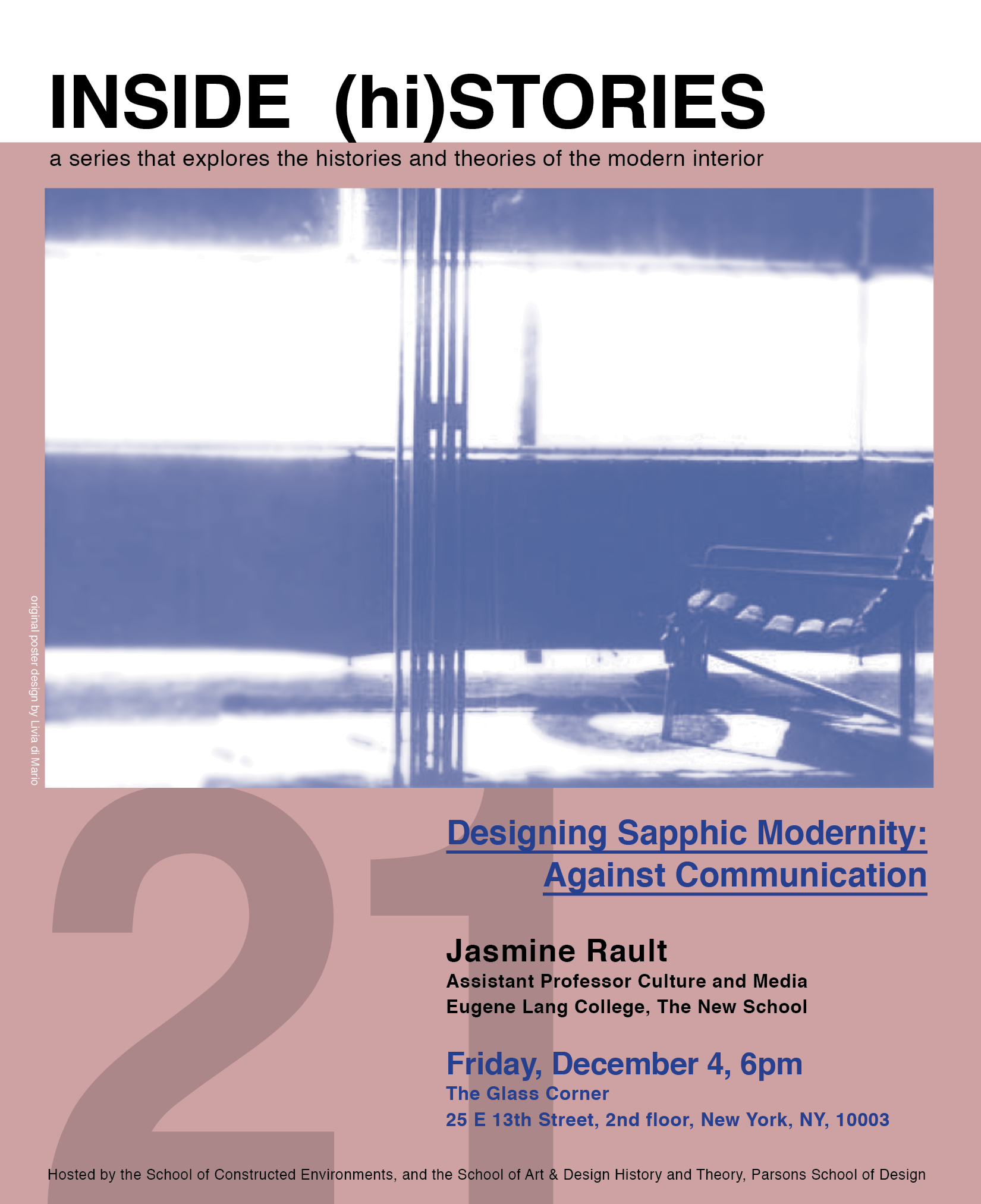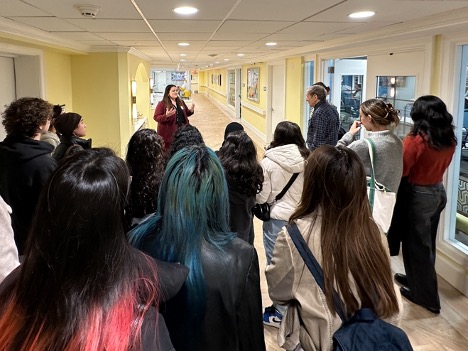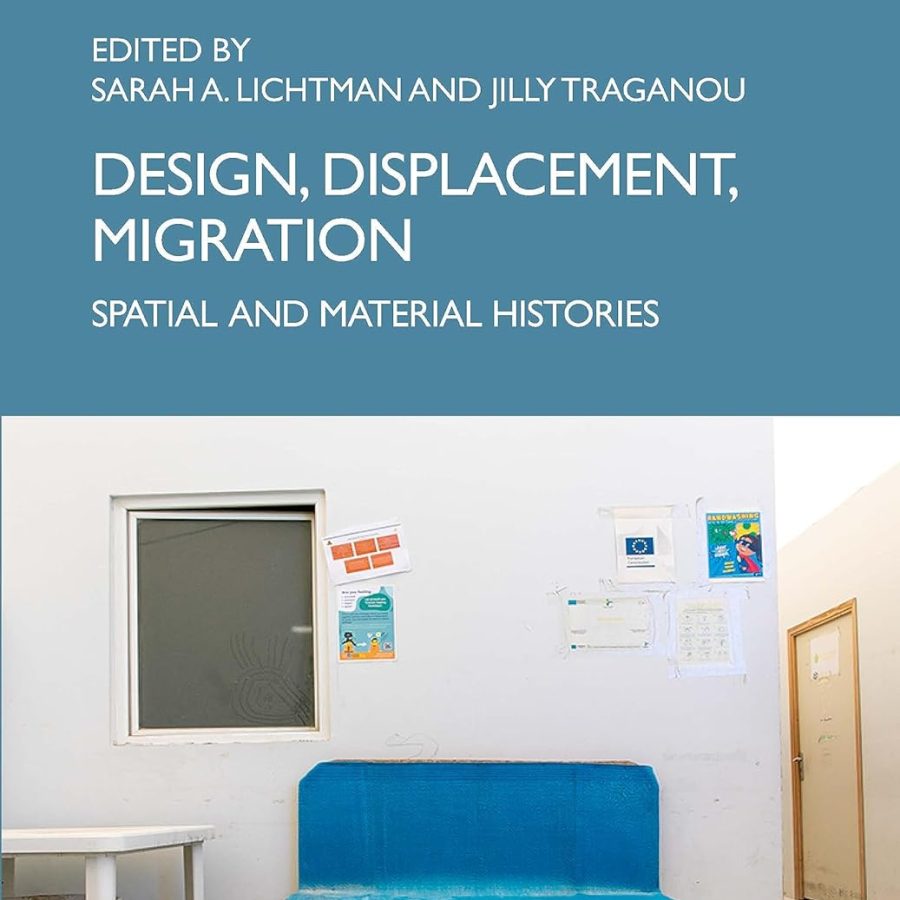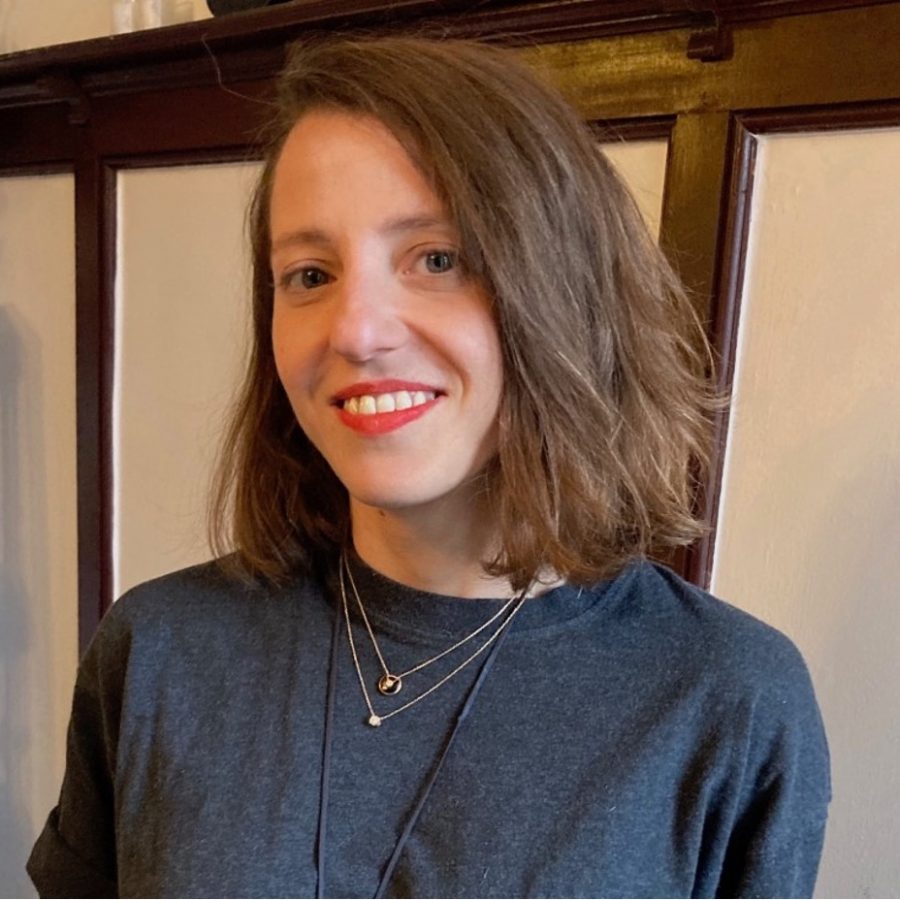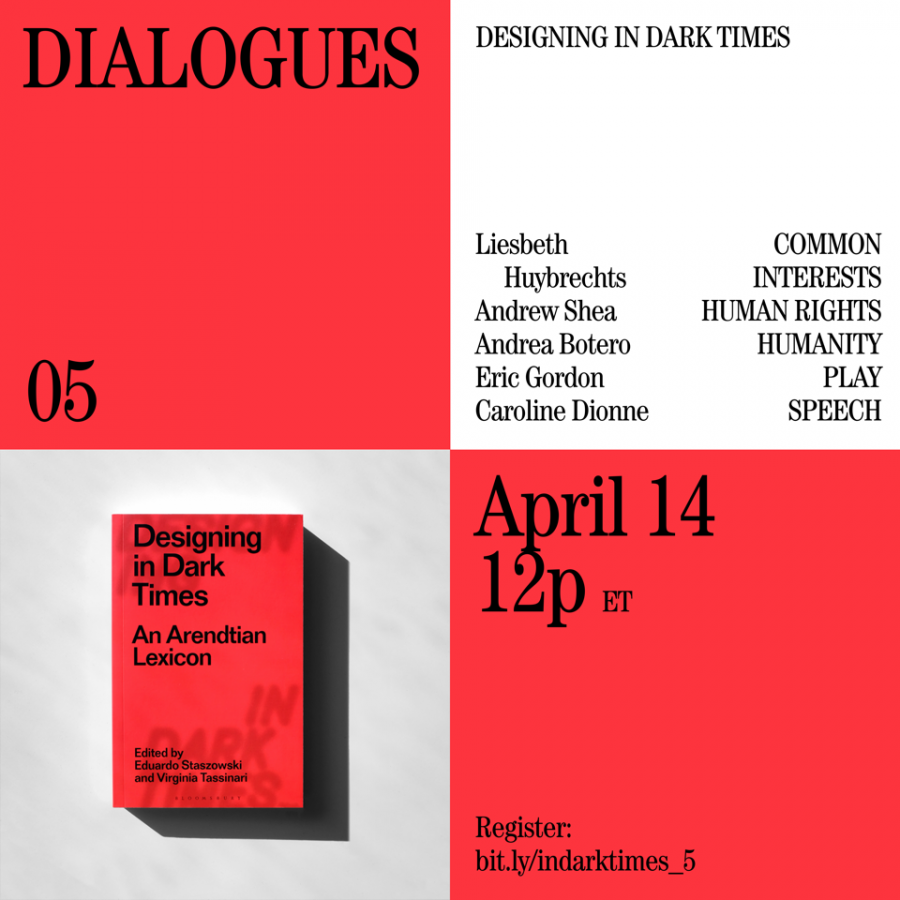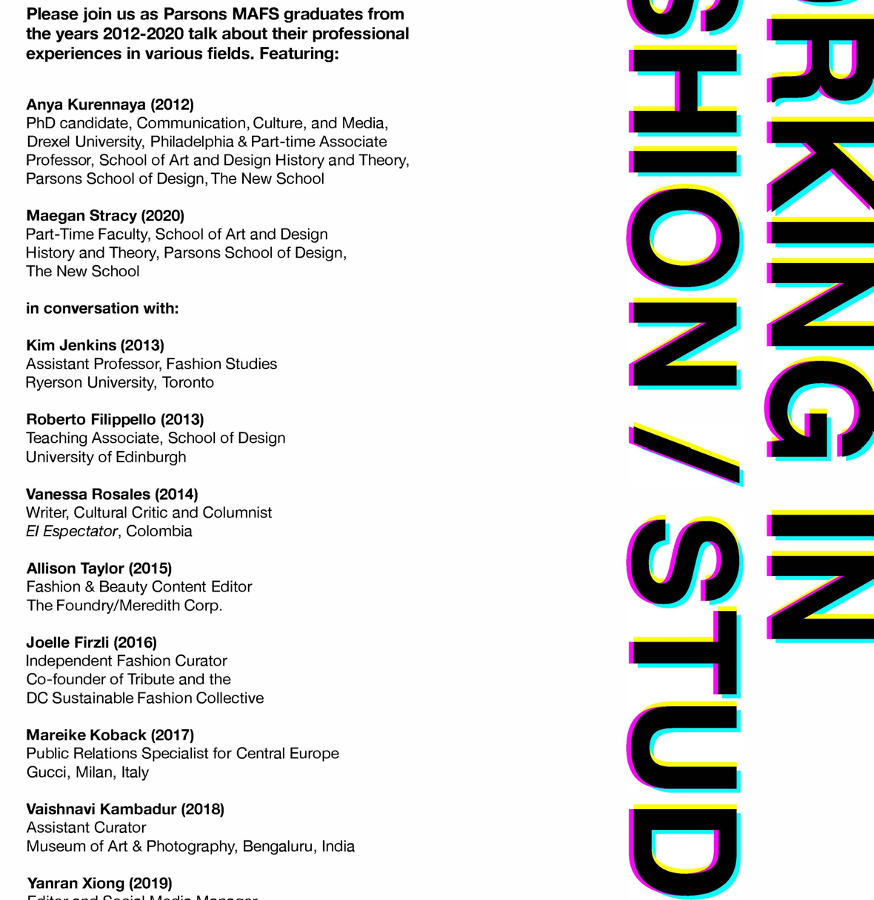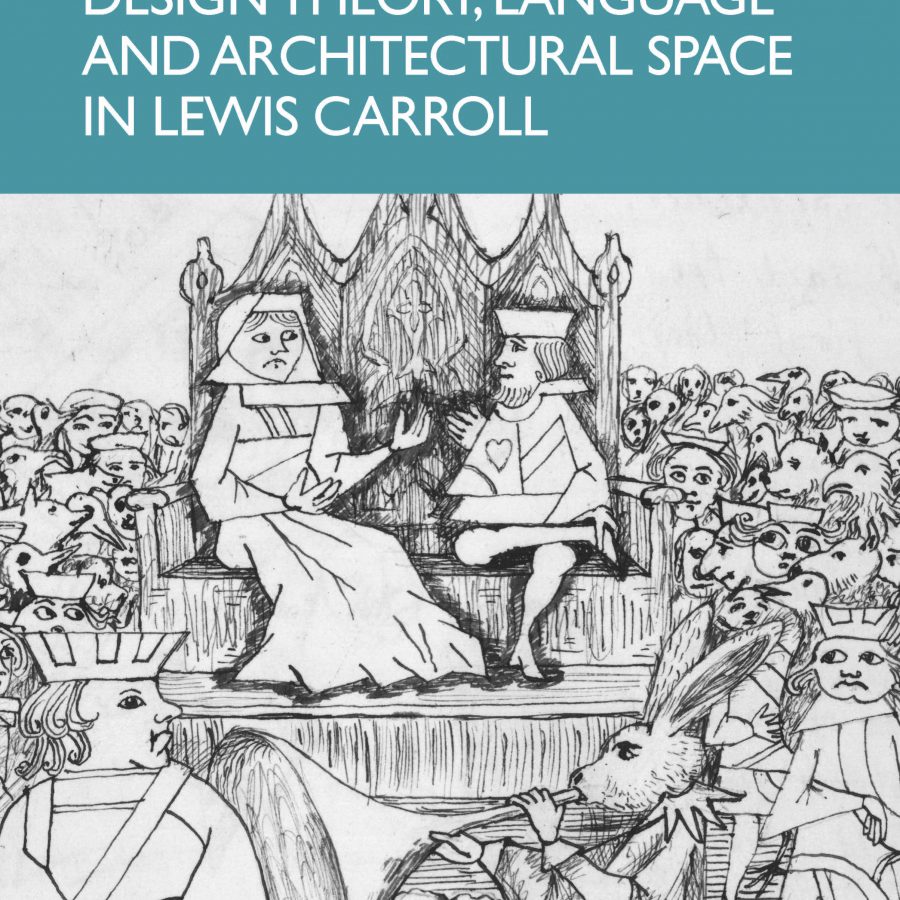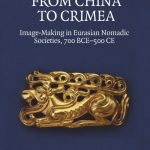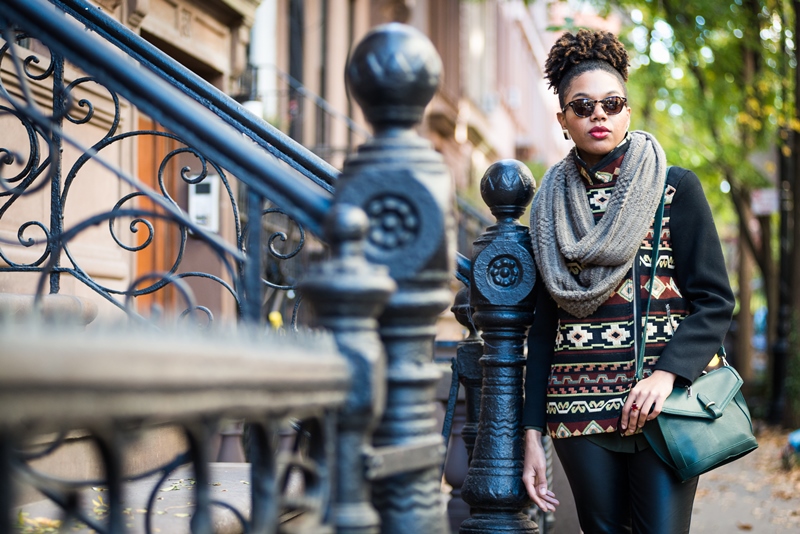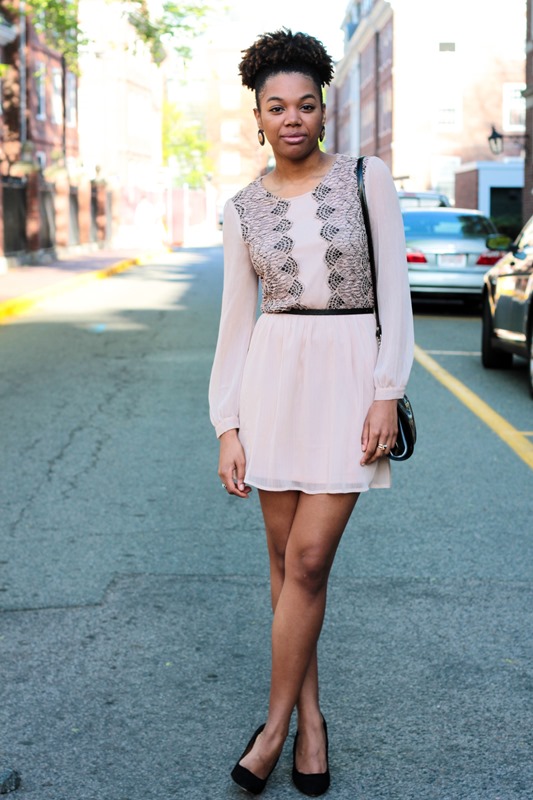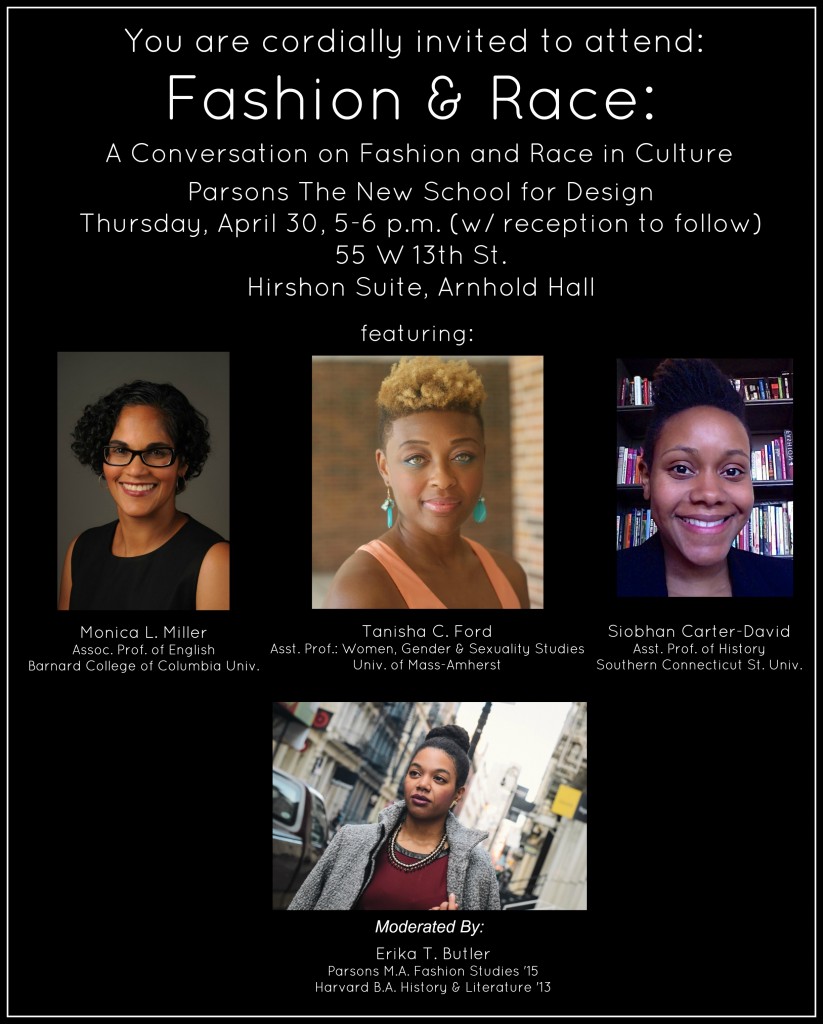Erika Butler is a writer, personal stylist, public speaker, and style blogger at “The Fashionesta: Merging Fashion, Style, History, & Culture.” Currently a second-year student in the M.A. Fashion Studies program, she received her B.A. in History and Literature from Harvard University in 2013. She recently completed her graduate thesis, which explores “the representation of black women and style in culture, as well as the history behind the ways in which black women engage with fashion and beauty practice.”
Erika organized and will moderate the upcoming panel event at The New School entitled “Fashion & Race,” which will be held from 5-6PM on Thursday, April 30 at the Hirshon Suite. You can connect with her through her Facebook, Twitter, Instagram, and Pinterest.
Insights’s Ana Miljak sat down with Butler for an exclusive, one-on-one conversation.
How has your B.A. in History and Literature from Harvard informed your work in M.A. Fashion Studies? Have you seen any connections between these fields?
Oh, absolutely. My History and Literature program was one that allowed me to really deeply analyze literature in all forms. So not just novels and short stories, but poetry, media, magazines, newspapers, television, movies – literature in a broader sense. And I also focused, within that, on the African-American experience in the history and literature of America. So, coming into fashion studies, it was an opportunity for me to bring my specific, specialized background—as well as a unique perspective—to the burgeoning field that is fashion studies because, at this point, the program is only four or five years old. So I’ve seen a lot of overlap just because of my perspective and the lens that I bring to the table. Similarly to what I was looking at in history and literature, what I see in fashion studies is a huge gap in what the literature is covering and what scholars are looking into, and I think it has provided a great opportunity for me to create a path for the type of work that I do within fashion studies.
And what was your undergraduate thesis on?
My undergraduate thesis was about representations of the black male athlete. I looked at a few sports movies from the early 2000s and analyzed different tropes of black masculinity, and how they played out in those films that were really promoting integration and harmonious race relations.
How has the Fashion Studies program, which approaches fashion from an academic standpoint, influenced the work you’ve done on your blog and your own personal style?
Well, I guess my personal style is probably the quicker answer: coming into the program and being able to learn about every aspect of the industry from an informed perspective has allowed me to consume more consciously. I definitely buy less frequently, and when I do buy, I buy in a way that I think is educated. I think about production, price point, fast fashion versus high street. I think about whether I still want to buy and participate in fast fashion because of the way the processes work environmentally, work in terms of labor overseas, work in terms of designer copyright issues. And so I think overall, in my personal style, it’s just made me a more conscious consumer and I’m also even more conscious about how I use my style to articulate who I am to the world.
In terms of my website, I think all of the tools that it’s given me to think about fashion and the media has given me a very unique perspective on approaching the “blogosphere” or the personal style fashion media. Even just looking at the last year or so on my website, I’ve transitioned it from being a personal style blog into it being more of a fashion-oriented website that’s coming from my perspective. I not only do style posts or inspiration posts, but I also have done more long-form essays and things that are more editorial in scope, and I think I’m conscious of the ways in which the fashion industry and blogging overlap, like: partnering with fast fashion companies and thinking about what that says to your reader; thinking about how a blogger, as a voice or a brand, influences their audience and how that, in turn, impacts what’s being bought; which processes are continually being used and how that impacts garment workers; fast fashion copyright issues and pieces that are very clearly knock-offs of runway items, etc. I’m just very conscious of what I put on my site because I know that having the space of an “influencer,” I take that as a responsibility, and what I want to do is to help my readers be as informed about fashion as I’ve had the pleasure to be, particularly because of this program.
How do you approach these brand partnerships and product features on your website?
I think about who I say “Yes” to. As someone who has a platform, you get people from all over the place wanting to access your platform, and a lot of the time, they don’t want to pay, or they want to give you a product just so you can write about how great they are, even if you don’t particularly like whatever it is they’ve gifted you. I just try to be as transparent as possible. I make sponsored posts known, and I need to make sure anybody I partner with aligns with my style sensibility as well as being a brand that I would want to work with if I were a reader of “The Fashionesta”. Would I say, “Oh that’s cool, I should check that out”? There’s a lot of pressure on people who have a fashion site to post non-stop and post with a lot of frequency, and I resist that a bit because I’m all about quality over quantity, and what I’m not going to do is put together a random round-up post because this company wants me to feature their product. I want it to feel authentic, I want it to remain authentic for the duration of my site’s growth, and that’s one thing that’s really very important to me. As evidenced through my studies, I feel that I have a very authentic voice and a very unique voice, and I don’t want to water that down with commercialism.
What was the most important or surprising thing you learned from participating in Lucky Magazine’s Fashion and Beauty Blogger Conference? How has this experience carried forward into your studies?
I would say the best moment of the two conferences as a whole was just getting the opportunity to meet Eva Chen, the editor-in-chief of Lucky. She is someone who approaches fashion in a very intelligent way, but she always keeps it fun as well, she doesn’t take it too seriously. She’s just very, very intelligent about the way that she approaches the industry and the business. To connect with someone like that and to be able to nurture a relationship with someone like Eva in a mentorship capacity, I’m extremely grateful that she’s taken the time to connect with me and that I can learn from her. So as fun as the conferences were all together, that has been the biggest take-away.
Does your blog at all tie into the Fashion and Race panel that you’re organizing, or do you view them as two entirely separate entities?
I view the panel as an extension of my online presence. In addition to writing, I also work as a freelance public speaker, and I think that this panel is a great way to merge these two aspects of my professional career, particularly while I’m in New York and while I’m still a student at the New School. I think that this event is so necessary. I think it’s incredibly important that we have this event in New York at The New School, in this mecca of thought surrounding fashion. I’m incredibly excited about being able to bring this panel to the university, and to shed light on work that’s being done in the field. There aren’t a ton of people who do work on fashion and race—especially in relation to the African diaspora—and to bring these powerhouses together and to be able to speak with them is a great honor. Of course, I plan to cover or do a recap on my website after the event. I’ll also use my website as a platform to get people in the NYC area out to the event. I think that everybody who cares about fashion, everybody who cares about culture and society would be interested. I think it’s just relevant on so many different levels.
What inspired the panel’s conception? Was there one specific moment that made you think, “I really need to organize this,” or was it a more long-term thought?
Honestly, it was kind of the culmination of many different things. As I’ve mentioned, I’ve been speaking at multiple venues for the past few years, and I recognize that the timing, in terms of my M.A. thesis and the connections that I’ve made in terms of the panelists that will be participating, and the resources at TNS have all made this panel possible. There wasn’t a kind of “Eureka” moment, it was really just constantly thinking about where I’m at, what I’m doing, what I want to do, and the timing just seemed perfect, especially just before I graduate from the program and go on. Maybe this could spark a relationship between myself and the The New School as I go on to become a career professional, something that could become an ongoing conversation.
How did you choose the speakers on the panel?
I met Tanisha Ford when she was a lecturer for our Fashion Cultures course last spring. Her presentation was incredible, and she’s thinking about a lot of the same things that I think about, and I thought that she was someone that I should definitely keep in contact with. I was actually given Monica Miller’s book Slaves to Fashion as a gift when I graduated from Harvard. That was my first full-blown Fashion Studies text. And it was just amazing. It was literally, in book form, everything that I had been thinking about and considering, especially given my senior year at Harvard, having just written a thesis of my own. It was really kind of deja-vu in terms of the concepts she was bringing out and the way that her writing manages to be so insightful while also being incredibly engaging. It is just a fantastic piece of work. Professor Christina Moon mentioned that she knew Monica and that she would be more than happy to connect myself and Monica. And so, in brainstorming the panel, I said, I know Tanisha’s work, I know Monica’s work. I don’t know Monica personally, but let me pitch it out there to her and see if she would be interested. She graciously accepted and so, I have these two all-stars ready to go. I also had a contact with the guys who run the “Street Etiquette” website. Unfortunately, they won’t be able to join us because they are traveling a lot in the next few months. I’m looking into adding one more person to the panel with Tanisha and Monica, and if this person is able to join us, I’d be very excited. But nonetheless, to be able to sit down with Tanisha and Monica, I’m very, very excited about having that conversation with them.
[Ed: Siobhan Carter-David, Professor of History at Southern Connecticut State University, will be joining the panel as the third speaker]
What conversations do you want to create within your audience?
I think first and foremost, just awareness. I think certain ways that racial inclinations and prejudices in American culture play out in day-to-day life are so ingrained in our culture that people don’t even recognize them, especially if they’re not of color, because they don’t have that subject position and that frame of reference to see things through. And so my first priority is to raise awareness. It’s about causing people to look a second longer, and causing people to think a little bit deeper about things they’ve maybe never considered before. Secondly, I think it’s to take a strong look at fashion, to look at popular culture, to look at fashion systems: what’s happening on the runway, what’s happening in editorials, who’s on the cover of magazines, who are the “it-girl models,” who are the women portrayed in beauty campaigns, all of these ways that we consume fashion media, to get people to think critically about them and pay a little bit more attention to these things. And thirdly, I would say, in whatever capacity each member of the audience interacts with fashion, to think on the ways that they might bring that awareness forward in terms of inducing positive change. So whether you’re a design student and you decide to make it a point to have a presentation where not all the models look the same, or whether you’re a writer who is writing about fashion in a completely different context, just having that knowledge might give you a new perspective on how to approach your topic. If you’re just a New Yorker who heard about the event, and you love getting dressed, and you love reading “The Fashionesta,” or you love watching Empire, or you love all those things and you want to come in and hear the conversation, I want to spark critical thought among the audience. I want them to be thinking about going back out into the world as a consumer and a member of society. Maybe you pass articles back and forth on Twitter. However it is that you consume media, just having that information that we’ll present at the event could plant a seed. So even the everyday fashion consumer can think a little bit more deeply about the ways that they interact with fashion and the ways that they clothe their own bodies.
It’s also about spotlighting Monica and Tanisha and any other panelist who ends up being involved, spotlighting the work that they do and just making people aware of the fact that these fantastic books are available. Just letting people know that there are resources out there beyond the panel itself. You can go out and read these amazing pieces of work, and they each have a bibliography and you can then go and, if you’re so inclined, do your own research and read the different texts that these authors are drawing from. So, it goes back to awareness but it also gives a great platform to the women who are doing amazing work in this field. It’s a platform to just get that work out to more ears and more eyes so that people know that Fashion Studies is a real discipline, that Fashion Studies theorists exist and that this is what they do, these are the books that they’ve written. There’s a ton of ambiguity, I think, among people who hear the term M.A. Fashion Studies, like, “What does that mean? Do you design? What do you do?” And the truth is, it’s incredibly interdisciplinary, and every single person in my program is doing something different, so the fact that I am on the avenue that I’m on, that’s just a single piece. So this event gives me the ability to introduce the audience to professionals who are living out fashion studies and the ways that other people can kind of connect to the work that they’ve done.
This might be a scary question, but what are your post-graduation plans?
Right now, I’m weighing a ton of options. I don’t want to get too specific, but ultimately my goal would be to continue to grow “The Fashionesta” into a place that is a hub for my work, the services that I provide, and my unique perspective. And with that, that means continuing to publish high quality content on the website, continuing to make meaningful brand collaborations when I do collaborate, continuing to speak around the country and perhaps around the world, continuing my personal styling service and allowing clients to feel their best and feel like themselves. So, essentially to do all those things I’ve been doing and be able to do them at the highest capacity possible would be my dream. Right now, I’m weighing all of my options in terms of which avenues I want to take, but hopefully I’ll know a little bit more soon, hopefully before graduation.
